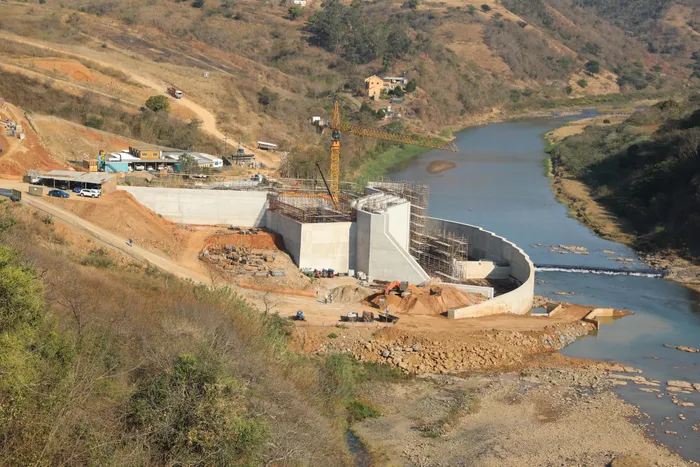How South Africa can combat water mafias and sabotage

The South African Human Rights Commission (SAHRC) has asked the government utilise the legislative and policy machinery at its disposal to deal with water mafias and acts of water sabotage.
Image: Doctor Ngcobo / Independent Newspapers
The government has been requested to utilise the legislative and policy machinery at its disposal to tackle water mafias and acts of water sabotage, as this is becoming increasingly serious.
This is according to a policy brief released by the South African Human Rights Commission (SAHRC) to tackle water mafias and the systemic sabotage of essential water infrastructure.
The policy brief aims to serve as a clarion call to the law enforcement agencies and other state actors across all levels to use various legislative and policy instruments to root out systemic sabotage of water infrastructure.
The policy brief stated that criminal activities targeting water infrastructure can create social unrest and destabilise peace and threaten national security, and added that these activities must be prosecuted and accompanied by appropriate penalties that will deter similar actions in the future.
The SAHRC said the document has already been forwarded to the Presidency, the Minister of Police, the Minister of Water and Sanitation, the National Director of Public Prosecutions (NDPP), as well as the Office of the Chief Justice to take note of the recommendations.
The National Prosecuting Authority (NPA) spokesperson, Mthunzi Mhaga, confirmed that the NDPP received the document and would consider its contents.
Police Minister’s spokesperson Kamogelo Mogotsi also confirmed receipt of the document, saying the email was received yesterday (Wednesday).
“The minister is still to be taken through the document,” she said.
Water and Sanitation Department spokesperson, Sanku Tsunke, said the department is aware of the document, adding that the director-general still needs to review it.
President Cyril Ramaphosa’s spokesperson, Vincent Magwenya, declined calls and did not respond to the questions, while the Office of the Chief Justice did not respond.
The SAHRC said it has observed that the system of water tankering has been the subject of manipulation and commercialisation.
Municipalities utilise private water tankers as an emergency measure to provide water to residents experiencing water interruptions.
However, this has been exploited by organised criminal networks known as water tanker mafias.
“The inability of Water Services Authorities (WSAs) to provide an adequate water supply for various reasons has led to the emergence of water tankers and water mafias. These are organised syndicates who deliberately sabotage water infrastructure, particularly at a municipal level, with the sole objective of profit-making,” said the SAHRC.
Related Topics: